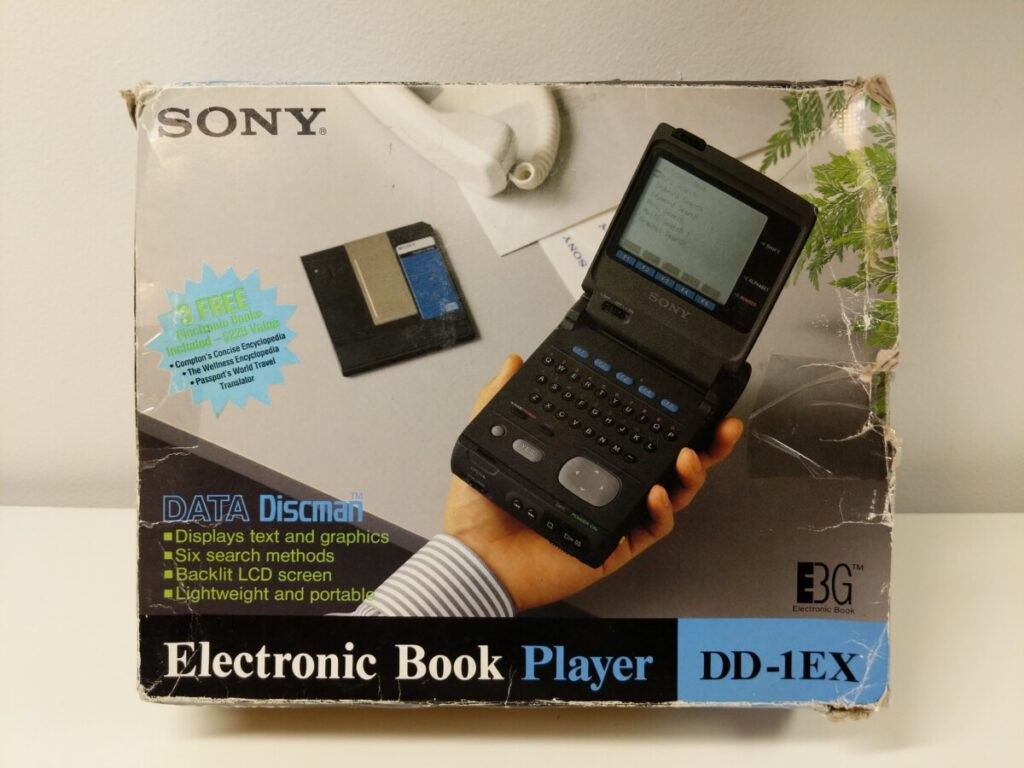
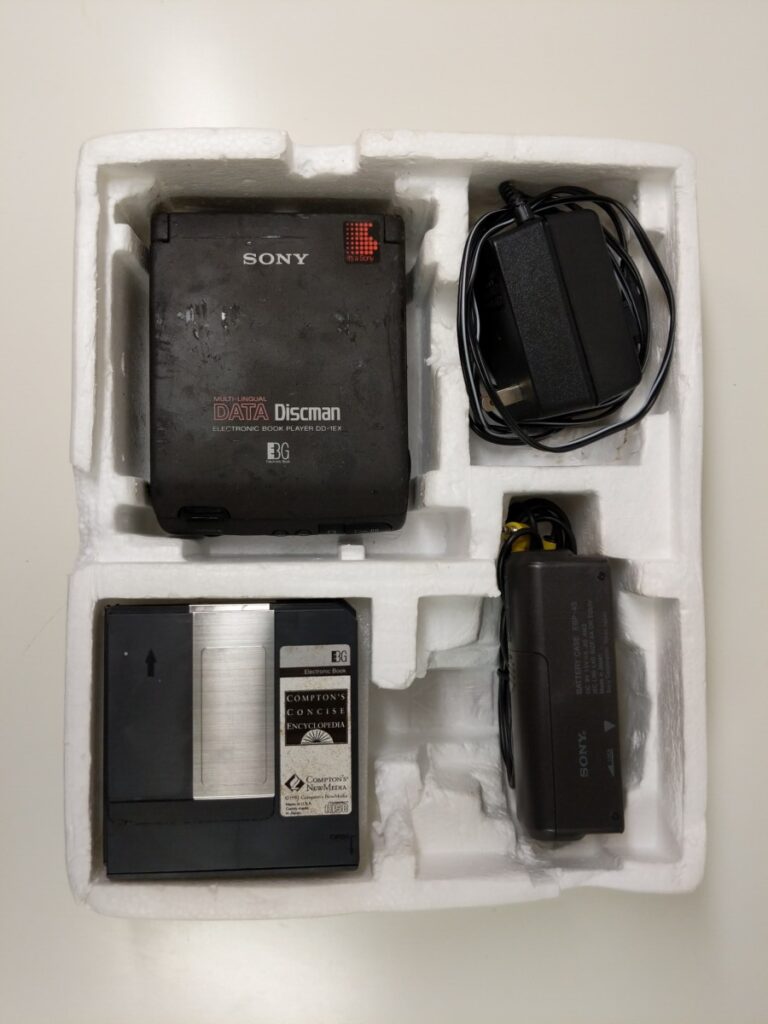
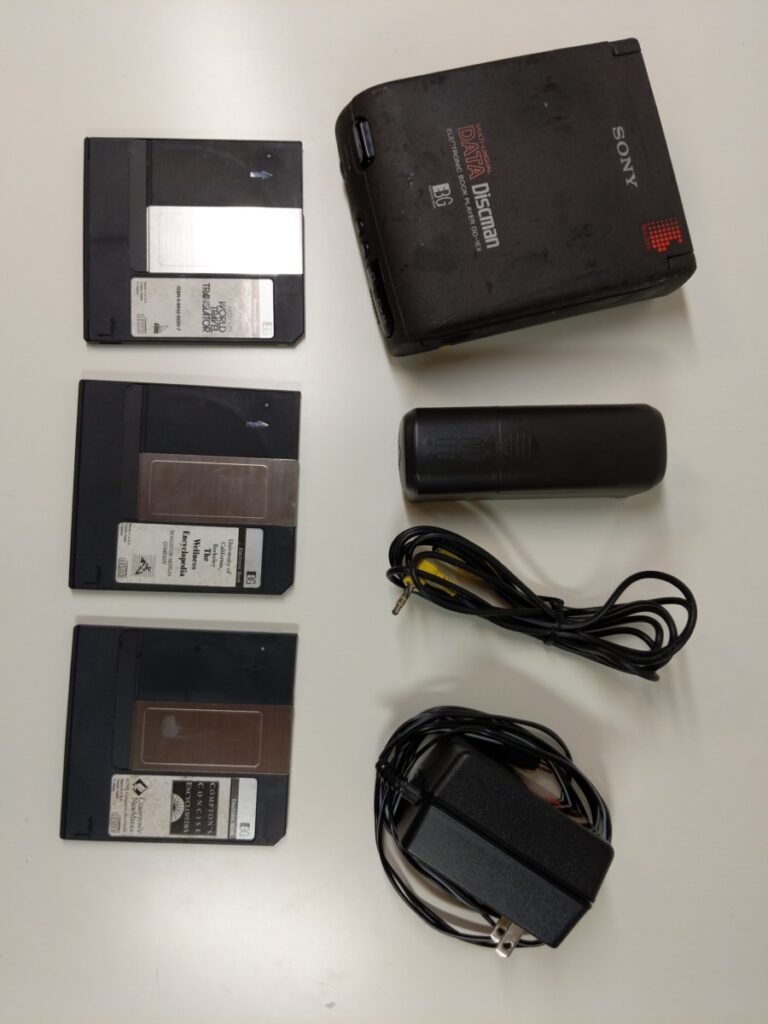
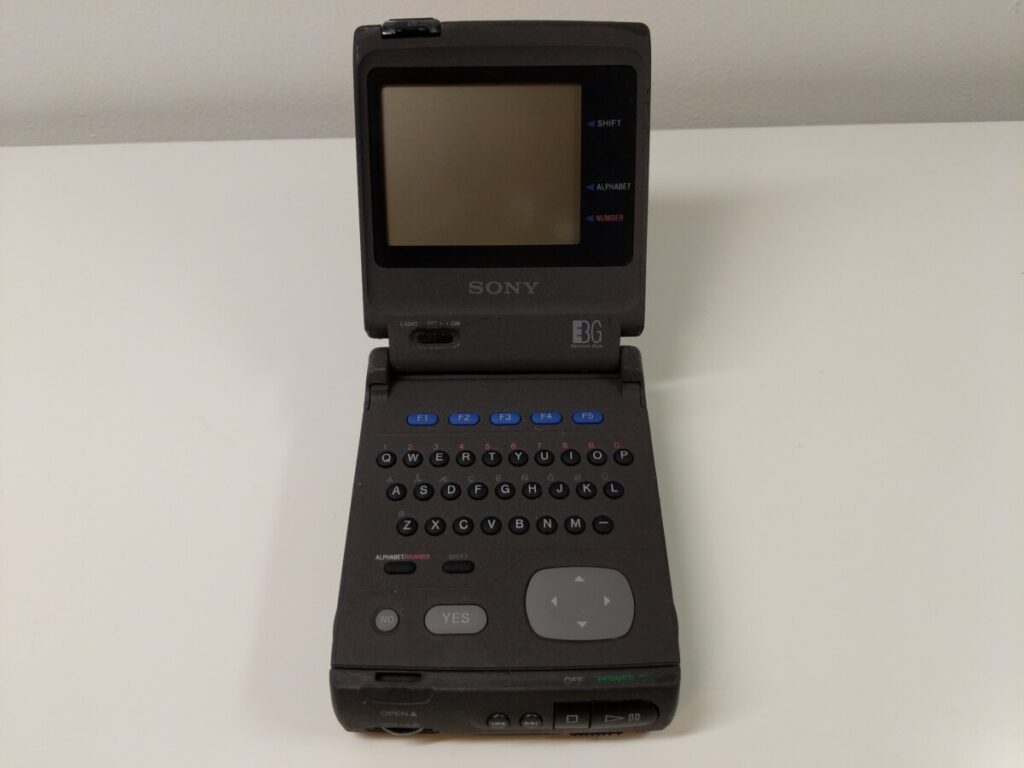
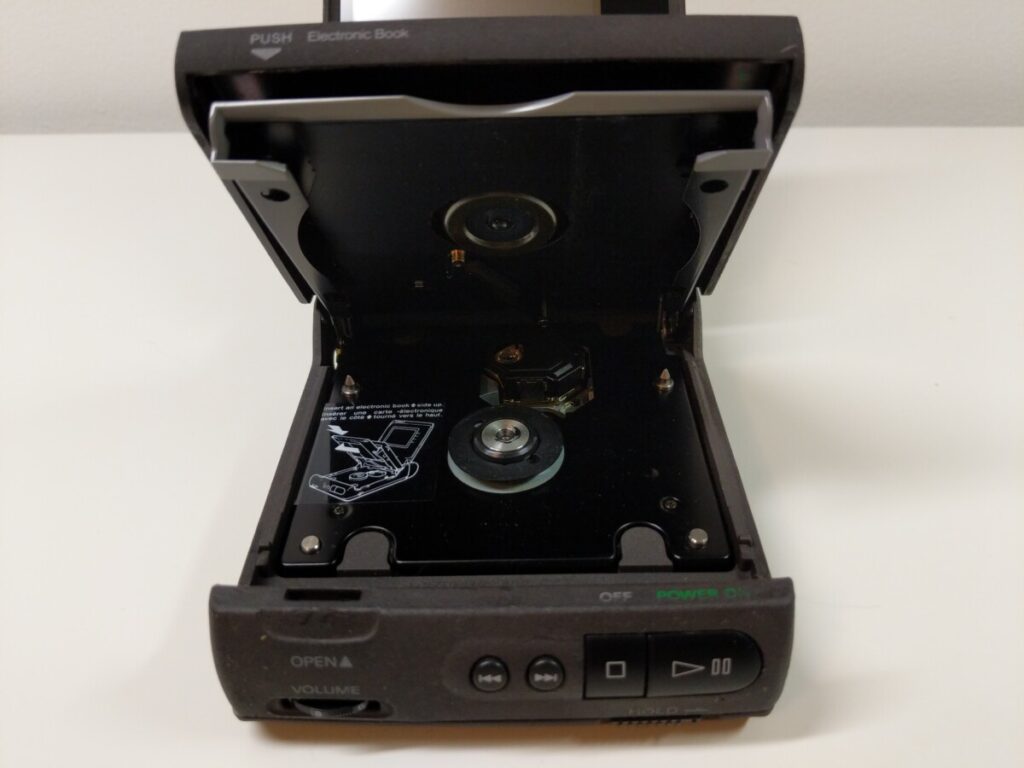
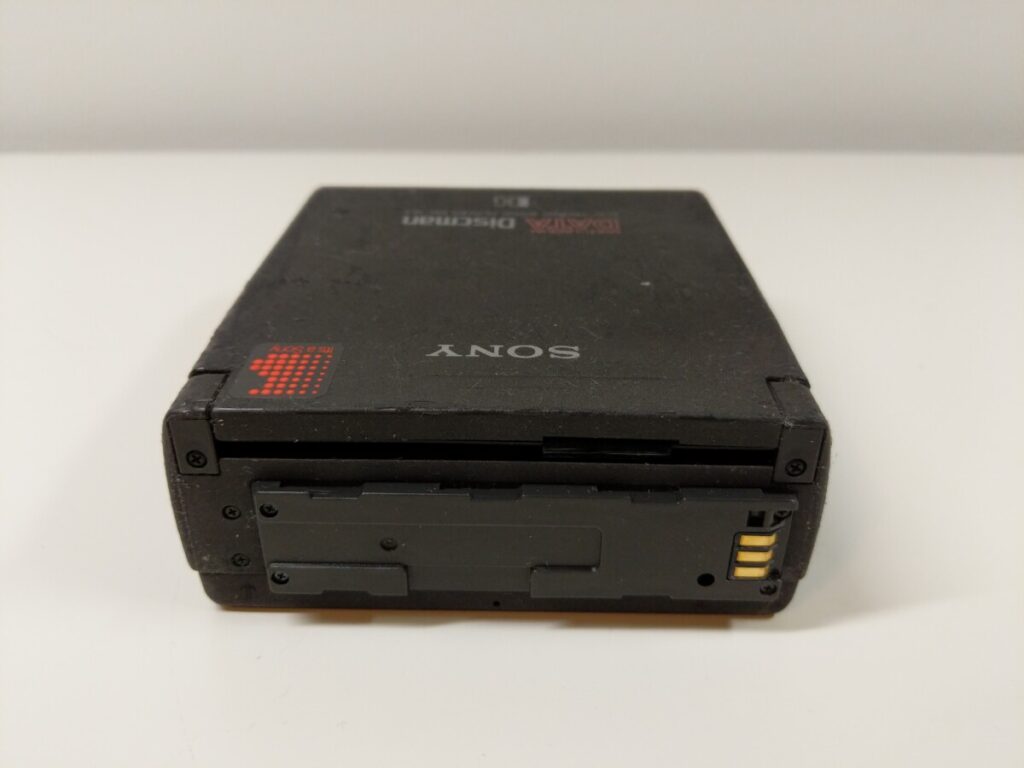
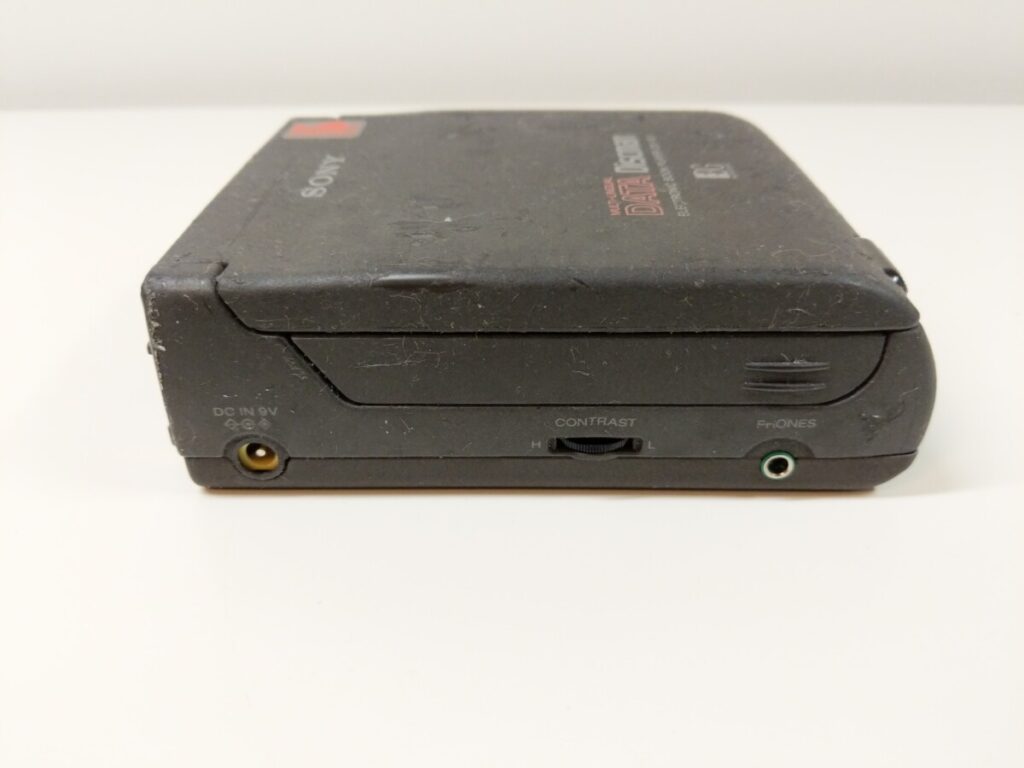
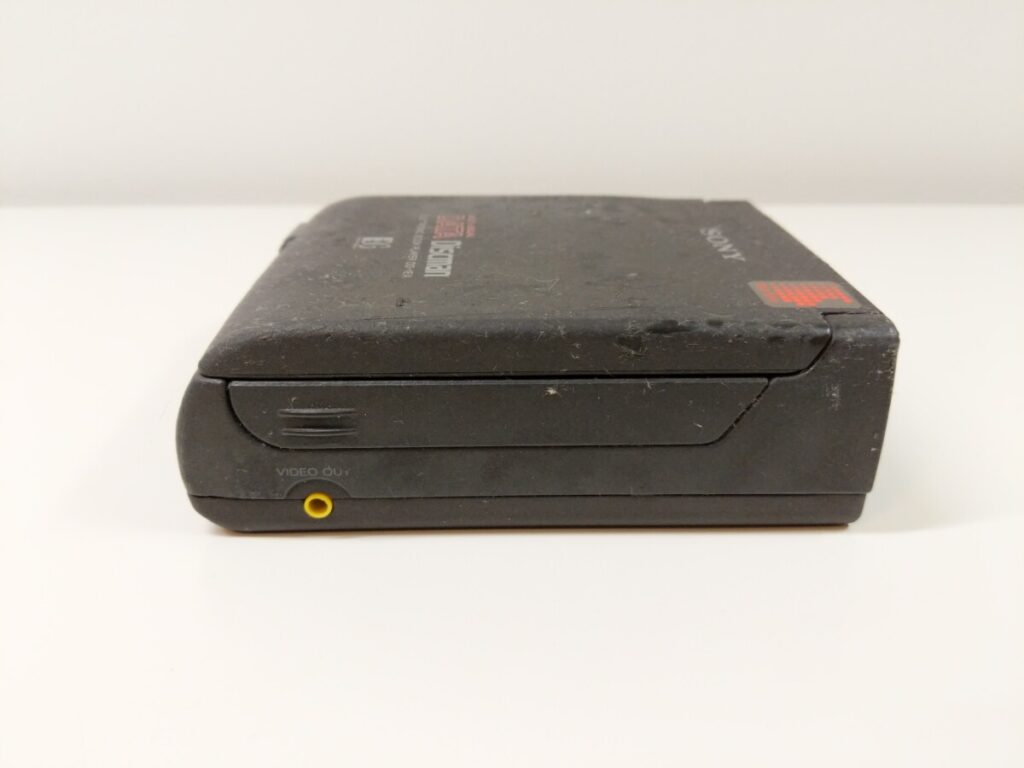
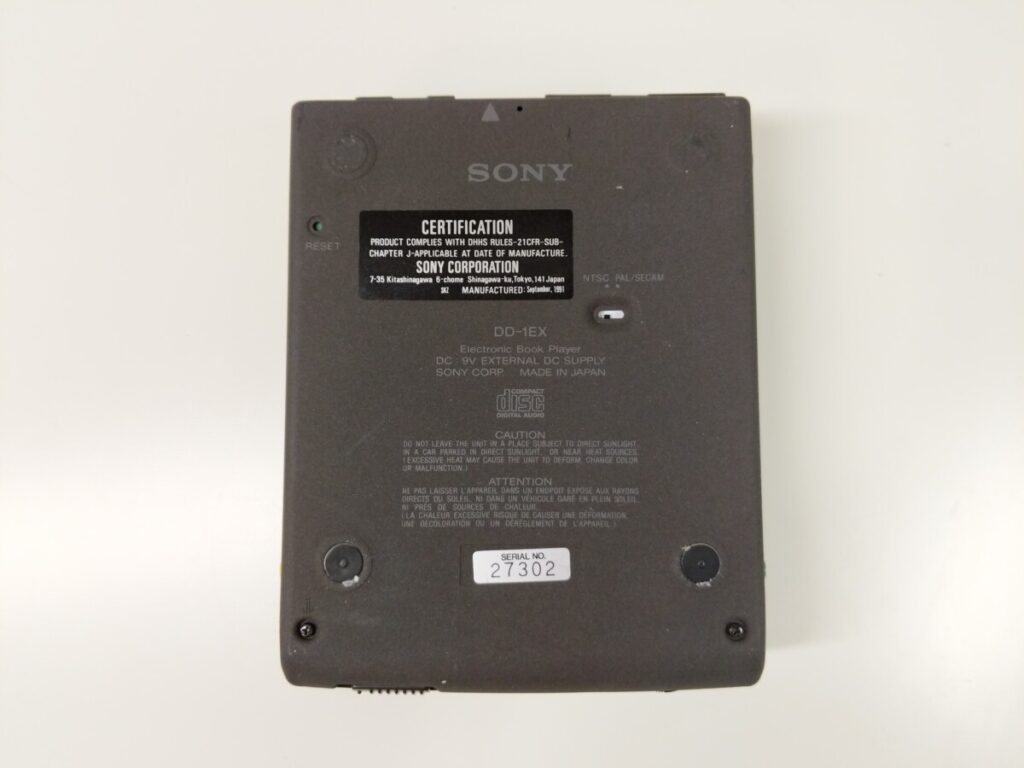
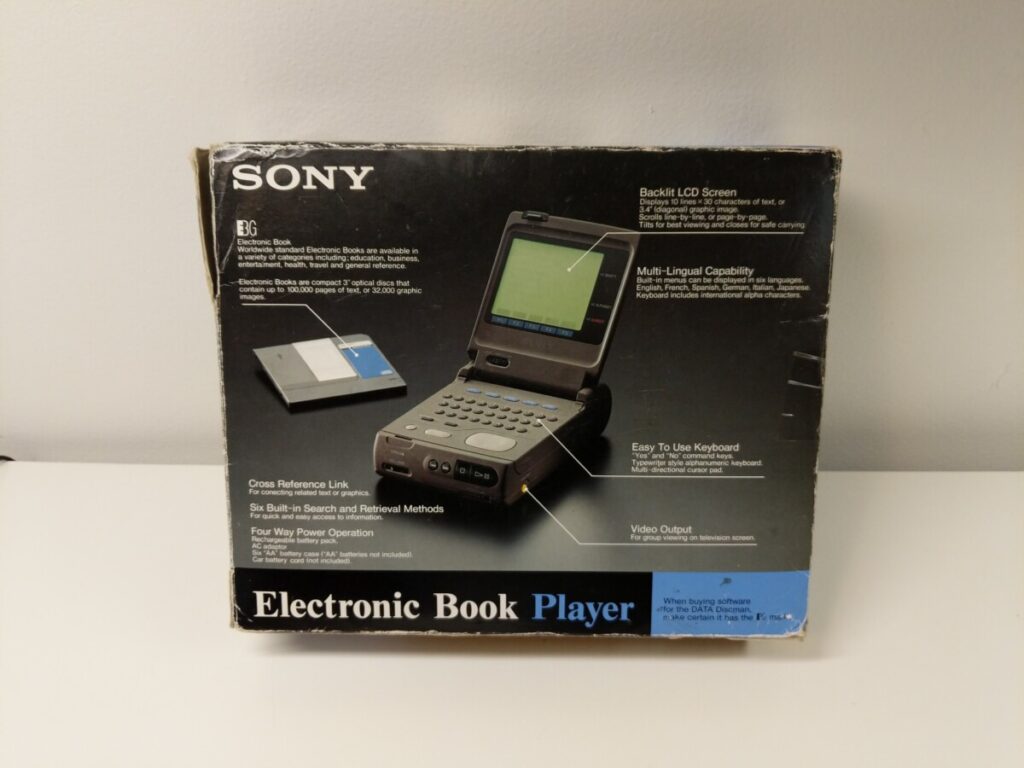
Considering the STC’s definition of technical communication, communicating with technology is one characteristic of technical communication. The proliferation of reading on screens therefore an explosion of technical communication. While today the Kindle and other e-ink readers dominate long-form reading using technology, there is a long history of improving how we read text on screens so that it was more comfortable, portable, and interactive. One example of that is Sony’s Data Discman or Electronic Book Player originally launched in the west in 1991.
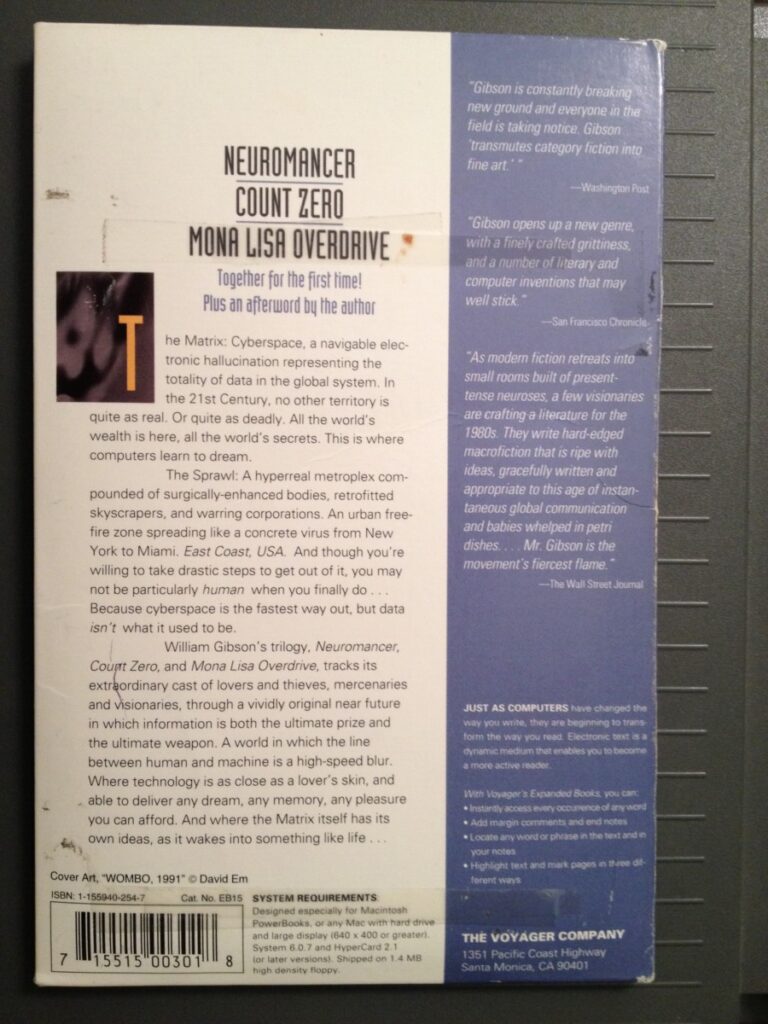
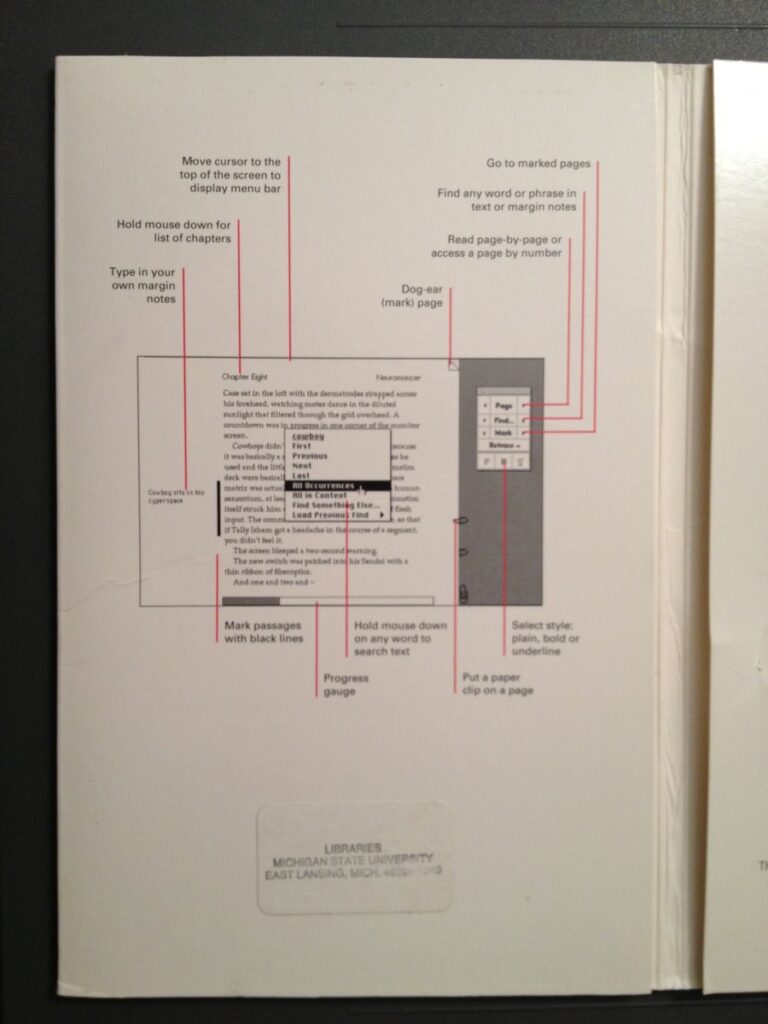
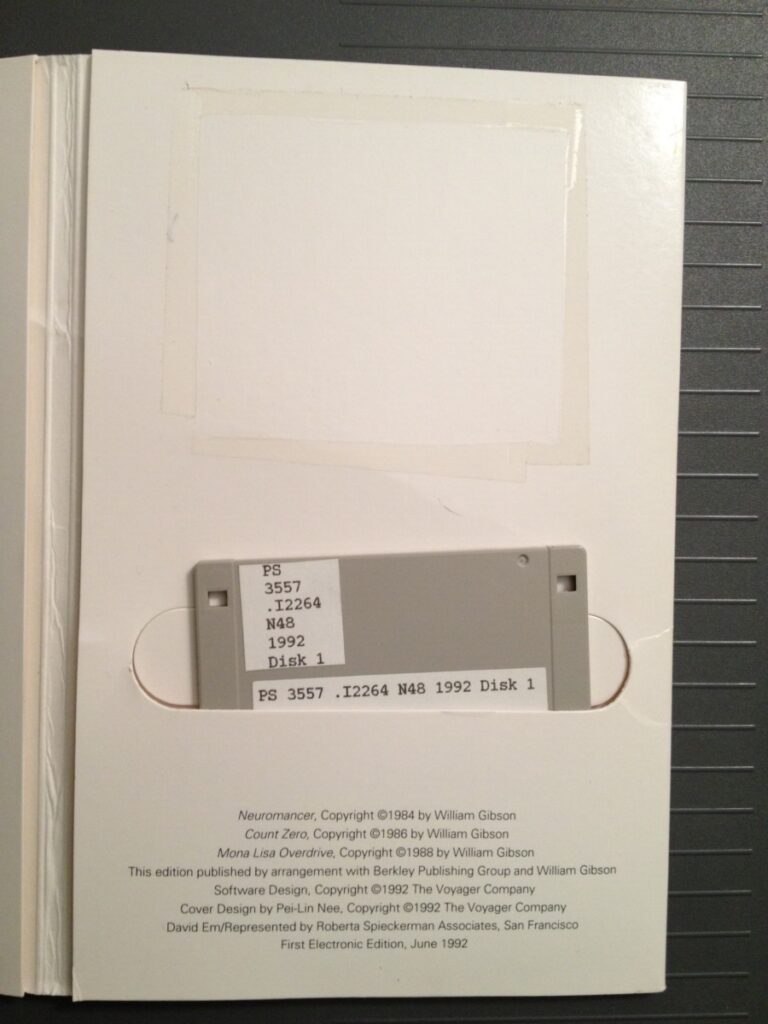
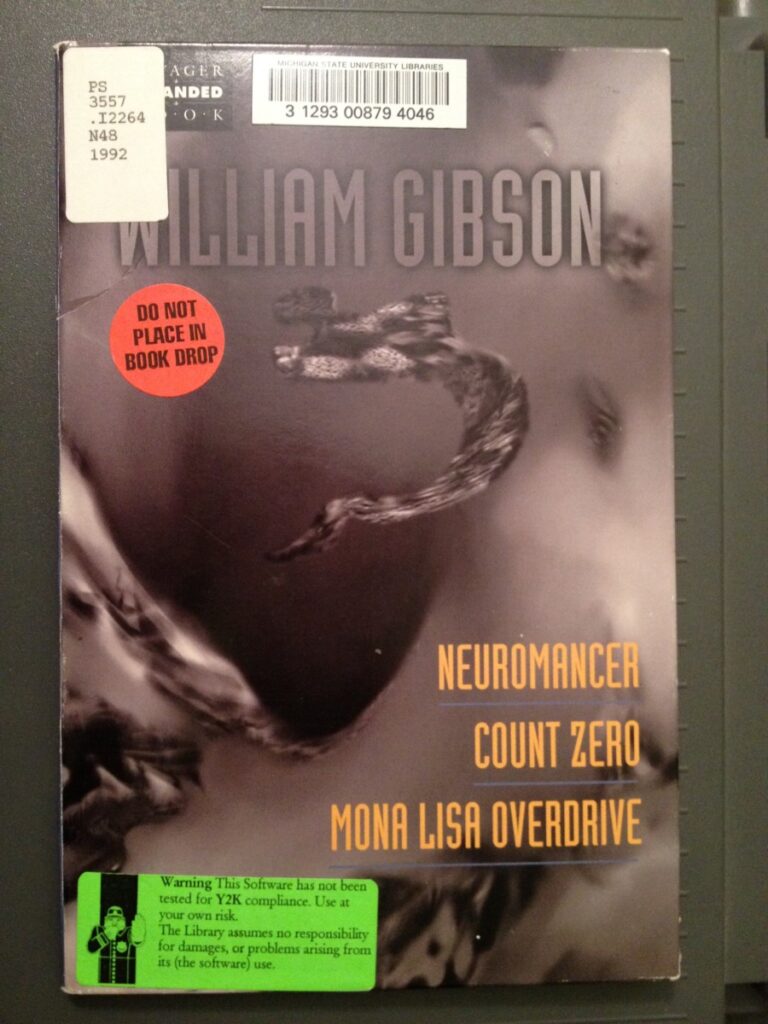
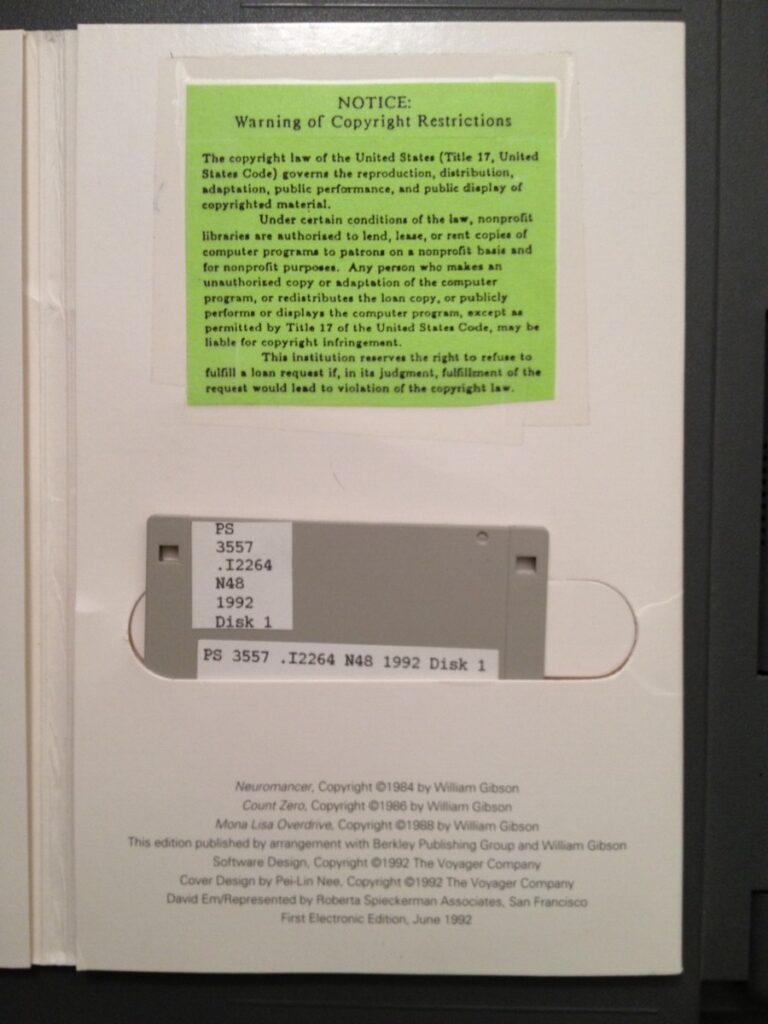
Another example is Voyager Company’s Expanded Books, also launched in 1991, which were distributed on floppy disks and designed for Apple Macintosh computers–especially the Macintosh Portable and subsequent PowerBook line of Mac laptops. In addition to reading the book on a computer screen, Expanded Books included bookmarking, searching, and note taking features. Some Expanded Books, such as the edition of Michael Crichton’s Jurassic Park, included audio files for the sounds of the various dinosaurs in the novel (this was before Steven Spielberg’s 1993 film adaptation).
For this week’s class:
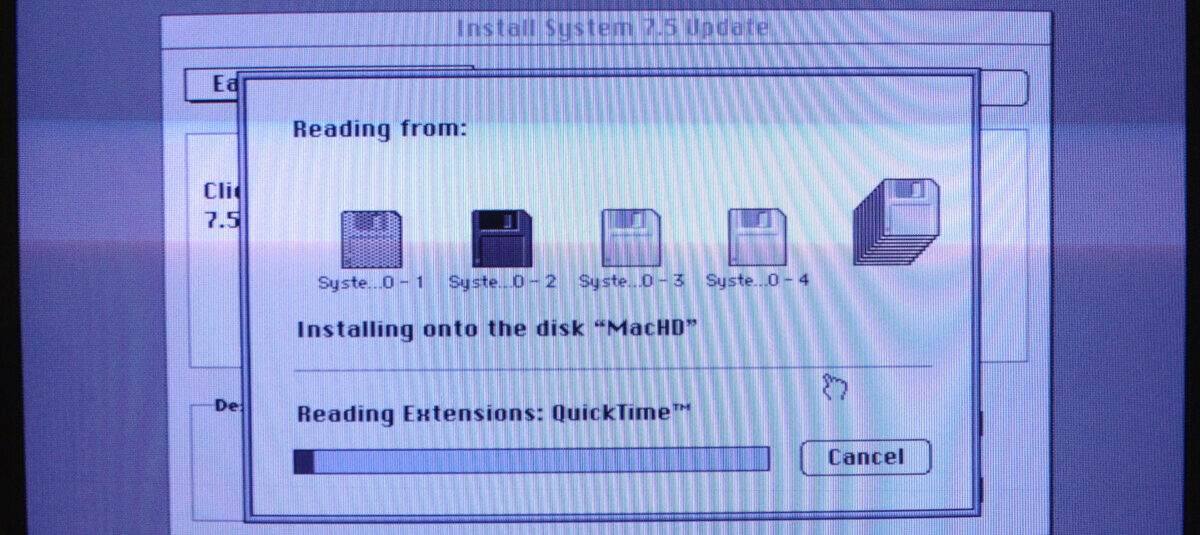



To: Professor Ellis
From: Tiana Beatty
Date: 10.06.22
Subject: This Week’s Readings
This week’s readings about proposals made me think how easy it is to just write essays, letters, emails, or simple messages. The process for a proposal includes a lot of thought, information, and technique especially if someone is doing a proposal in order to receive grants, funds, and if applicable scholarships. It’s almost like entering a writing contest but more intense, critical, and thought-provoking. I’ve heard of proposals but I’m still not quite sure what they’re used for but reading these readings have shown me that they are is a lot of thought process going into a proposal. I know the defintion of a what a proposal is, but how does it differ from a memo or a business letter? What’s the purpose of a proposal? Why do companies need these proposals? Why are companies writing proposals? Why are individuals writing proposals to participate in receiving funds and grants for researches that could potentially fall through? Are they just as important as business letters and memos inside of a company?
TO: Professor Ellis
FROM: Khaled Akam
DATE: October 6, 2022
SUBJECT: Proposals
As a technical communicator we have an edge in any document we write but time and funds are limited. Writing a proposal that meets the needs of the audience, specifically focusing more on who you are targeting is the best way to achieve success. Never reuse your writings because everyone is different, and you might need to reach different audiences. This is the reason you never send any boilerplate writing because you have less connection to your audience in what you want to convey. Technical communicators choose the best method to achieve this by being able to articulate a purpose. For instance, when reading the proposal of making sure children are being vaccinated. The beginning structure of a technical communicator can be seen in Grant’s proposal. Our foundation as a technical communicator has been building through time. Without work like this in our history we would not be as successful as we are in writing proposals to move audiences into movements. This is the essence that we can use and take with us throughout our lives.
To: Prof. Ellis
From: Bria Glenn
Date: October 6, 2022
Subject: Proposals
Writing a proposal sounds like some of the other deliverables we have done before. What is different about this one is its ability to persuade the reader so there can be something rewarded at the end. Rewarded in the sense they are receiving what they asked for in the proposal. A proposal is a letter essentially asking for one thing so another thing can happen. For example, in “Finding Funding” a proposal is talked about in terms of receiving grants or contracts for technical communicators to be able to complete research. There are many ways you can write a proposal and it all starts with what you are writing the proposal for. In this text, we get the breakdown of researchers and companies who may continuously need to prepare proposals and how they do it. This includes some companies using a boilerplate which is kind of like a template. I found this text to be the easiest to understand when reading about proposals compared to Meloncon’s “Answering the Call” which seemed to focus more on the idea of rhetorical theory to get the point across about proposal writings with the comparisons of two writers and the approaches they used. I believe both the indirect ad direct order approached used by both writers Wordsworth and Grant to be sufficient in their own ways. On plays on emotions and the other, more of a uniformed approach. In Technical Communication, it can be assumed that most researchers and companies may use the direct order to persuade an agency to award them the funds to conduct their research
To: Professor Ellis
From: Sandy Fougeres
Date: 10/6/2022
Subject: Weekly Readings
The readings were interesting in that they highlighted proposals, and explained how technical writers would utilize time for research in their career. In “Writing Winning Proposals for Research Funds” by Laurel K. Grove, it talked about the costs around research, grants vs contracts, RFP’s and SOW’s. I found this article interesting in particular because I myself did not know how they were exactly different. Grants are funding for work that meets the proposers needs, and contracts being an agreement to fund the work that meets the sponsor’s needs. In “Answering The Call: Toward A History Of Proposals” by Lisa Meloncon, it went over the history of proposal making. It talked about Wordsworth and Grant in the Romantic Era and how their writing (including proposals) were a part of that history. It talked about how in literature, writing of all genres are usually discussed however, proposal writing is not often talked about. I found this reading interesting in that it highlight women writers and I liked how Wordsworth narrative for the orphans was actually a proposal.
To: Professor Ellis
From: Aaron Nieves
Date: 10/6/2022
Subject: Week 6 Readings
In the second article about the perceptions of memo quality, there was an experiment conducted among engineers, professors, and students. It was interesting to see the thought processes between the three different groups and what they considered to be a good memo. The people would record all the positive and negative comments the groups made and tally them up under four categories (Content, Style, Organization and Format).
Students were shown to have the least number of comments (both positive and negative). I can sort of relate to them because when you don’t have much experience on a certain matter, it’s hard to talk about it. The engineers and professors had more experience in writing memos, so they were able to critique it more.
To: Professor Ellis
From: Timothy B
Date: 10/6/2022
Subject: Weekly Reports
This weeks readings focused mainly knowing what a proposal is and what it means in the world of technical communication. Considering what a proposal is there is a sort of parallel to the professional letter and the proposal in that they both are formal written work proposing something maybe a solution or a new idea. In the letter one was required to write to a CEO talking about faulty products in proposals one was required to write to an administrator or organization in sense of call to action and speak to the readers by speaking in the topic. However In class it was taught that a proposal can be used for many different things to bring attention to something that needs attention usually what is being requested is grants. Some sort of funding from a larger or parent organization to assist or alleviate with a situation that was read over in class. As a technical communicator it important to articulate what is needed and the message that has to be delivered to the readers.